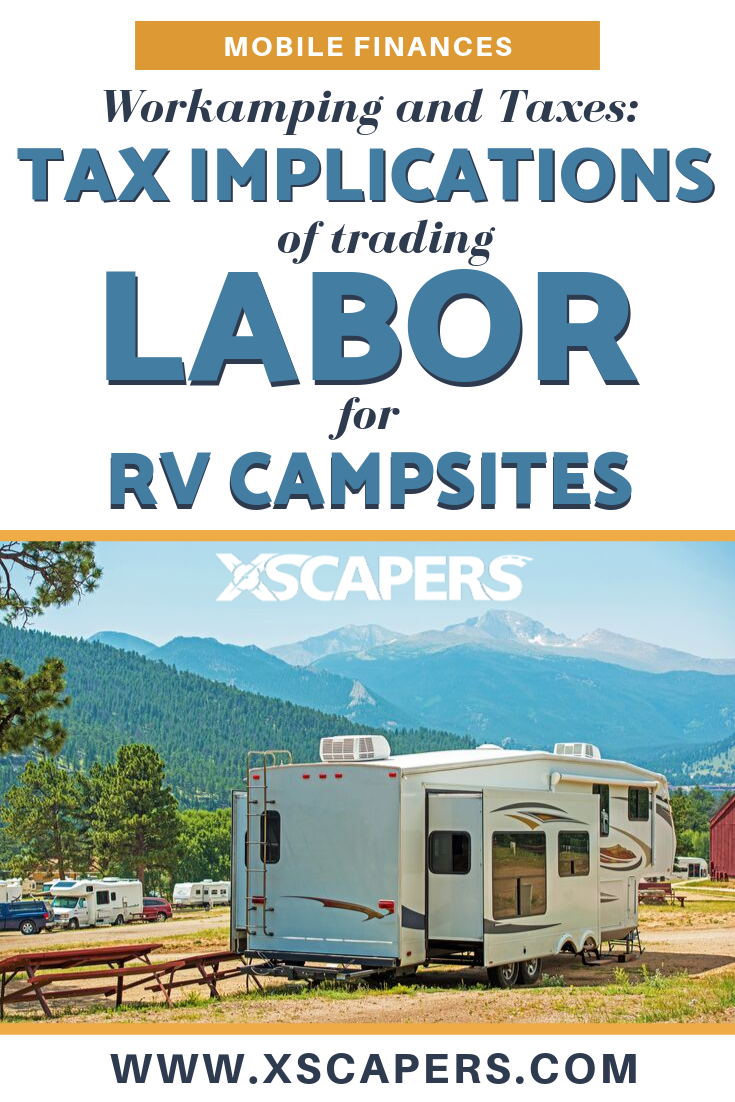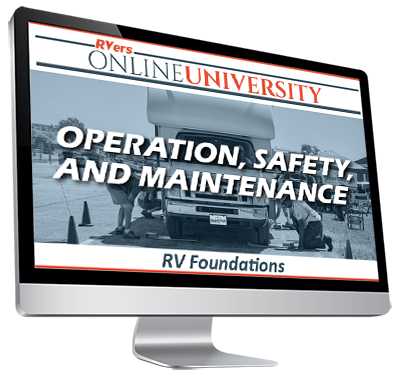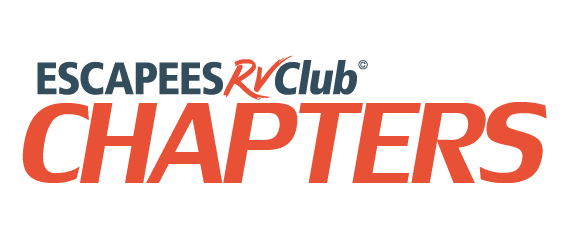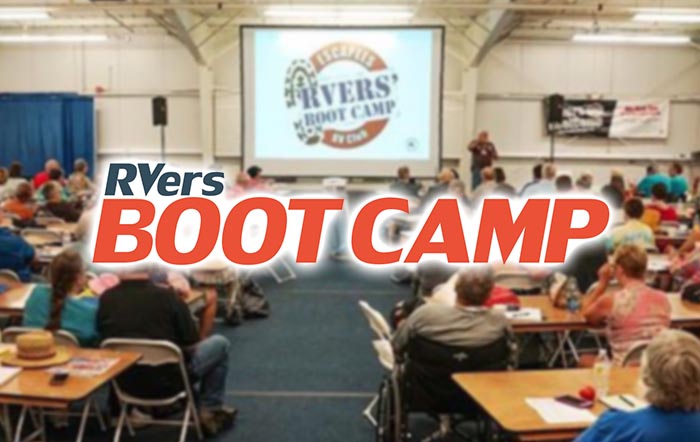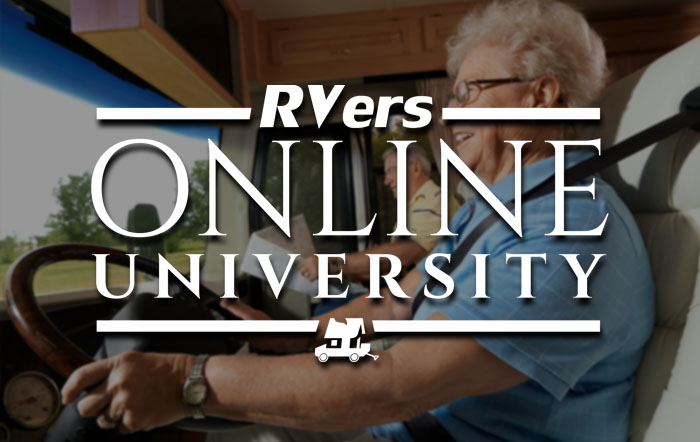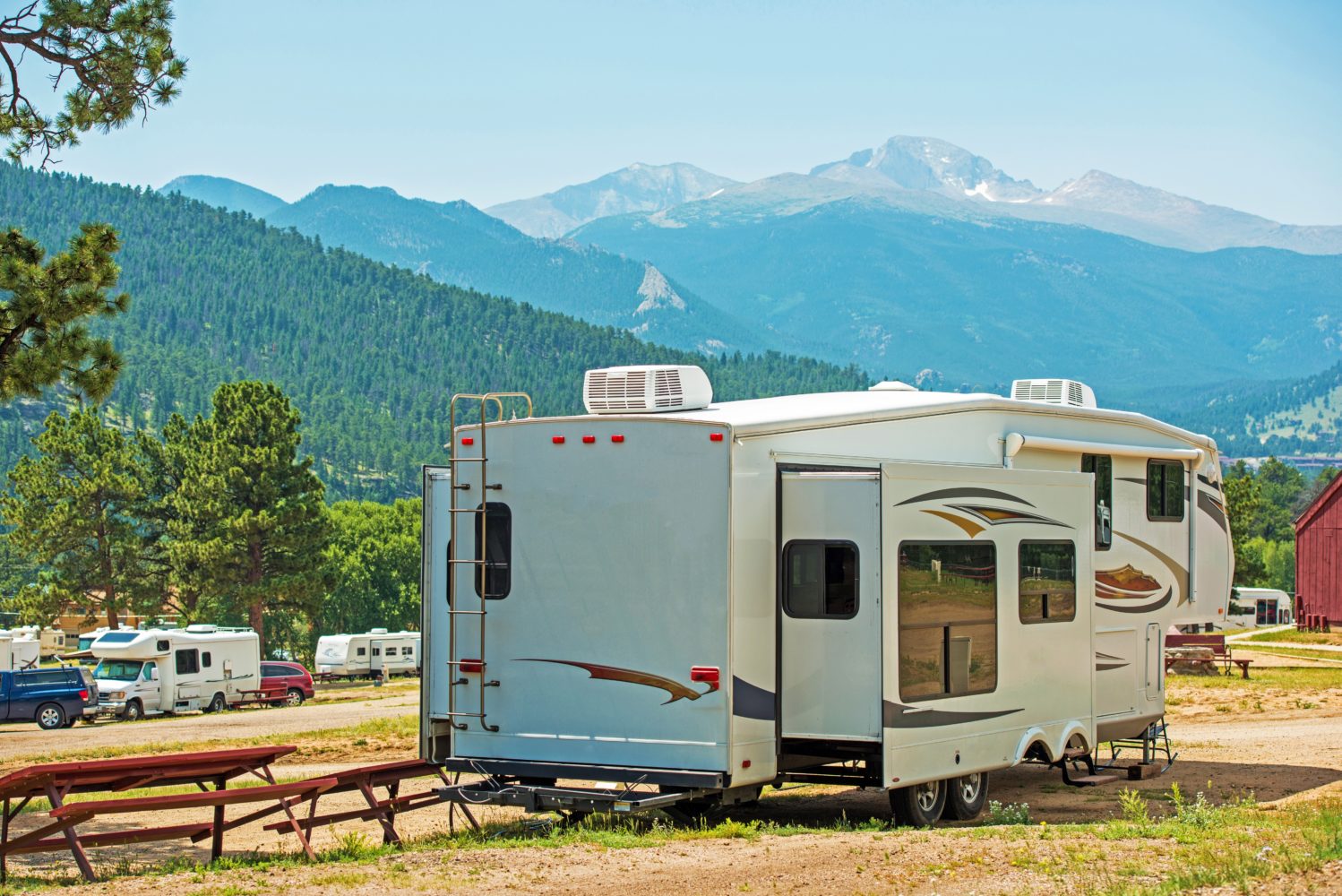
Bartering your labor for free RV camping is a very popular strategy for RVers looking for creative ways to make ends meet while living on the road.
Websites, various organic communities, and for-profit businesses have sprung up to provide how-to tips and facilitate the matching of “work-campers” with the RV parks and campgrounds offering these bartered opportunities. No doubt about it, the work-camping ecosystem is thriving and growing.
There’s no surprise that the IRS has carved out a position regarding tax implications for bartered transactions. Accordingly, one of the more frequently asked questions we deal with is “Should RVers claim income and pay taxes on the value of the free campsites that are provided as compensation for their services?”
The IRS doesn’t address the work-camping scenario in specific terms, but we can draw a reasonable conclusion from how they weigh in on the concept of employer-provided housing—also referred to as “Lodging on the business premises” in the IRS regulations. First let’s lay some groundwork and then we’ll return to this concept.
Taxable Income
The IRS casts a wide net when defining what is taxable income. I recall my professor’s sage advice in my first college class on federal income taxes. He advised my classmates and me that when dealing with the IRS it is best to assume all income is taxable unless you can find specific guidance (from the IRS) that states otherwise.
Consistent with my professor’s admonition, the IRS defines business income as follows, “Except as otherwise provided in the Internal Revenue Code, gross income includes all income from whatever source derived.” (1) For individual taxpayers, the IRS mandates, “You must include in gross income everything you receive in payment for personal services.” (2)
Fringe Benefits
The IRS further states that taxable income includes, “other forms of compensation such as fringe benefits.” (2) Fringe benefits are defined as, “a form of pay for the performance of services…. For example, you provide an employee with a fringe benefit when you allow the employee to use a business vehicle to commute to and from work.” (3)
Compensation in the form of a taxable fringe benefit is included on Form W2 (subject to income tax and FICA tax withholding for employer-employee situations) or on Form 1099-MISC for independent contractors (subject to income tax and self-employment tax paid by the contractor).
Bartering
The IRS states, “Bartering is an exchange of property or services.” (2) As a general rule, the IRS requires both parties in a barter arrangement to claim as taxable income the fair market value (FMV) of products and services received.
Consider, for example, a mechanic who repairs a painter’s truck in exchange for having his shop painted, or a lawyer who provides legal services for a restaurant client in exchange for free meals. IRS rules dictate that such arrangements create taxable income for both parties even though no cash changes hands.
Having explored how the IRS defines taxable income, fringe benefits and barter transactions, it appears work-camping arrangements constitute a taxable barter. Case closed? Not so fast.
Lodging Provided On Business Premises
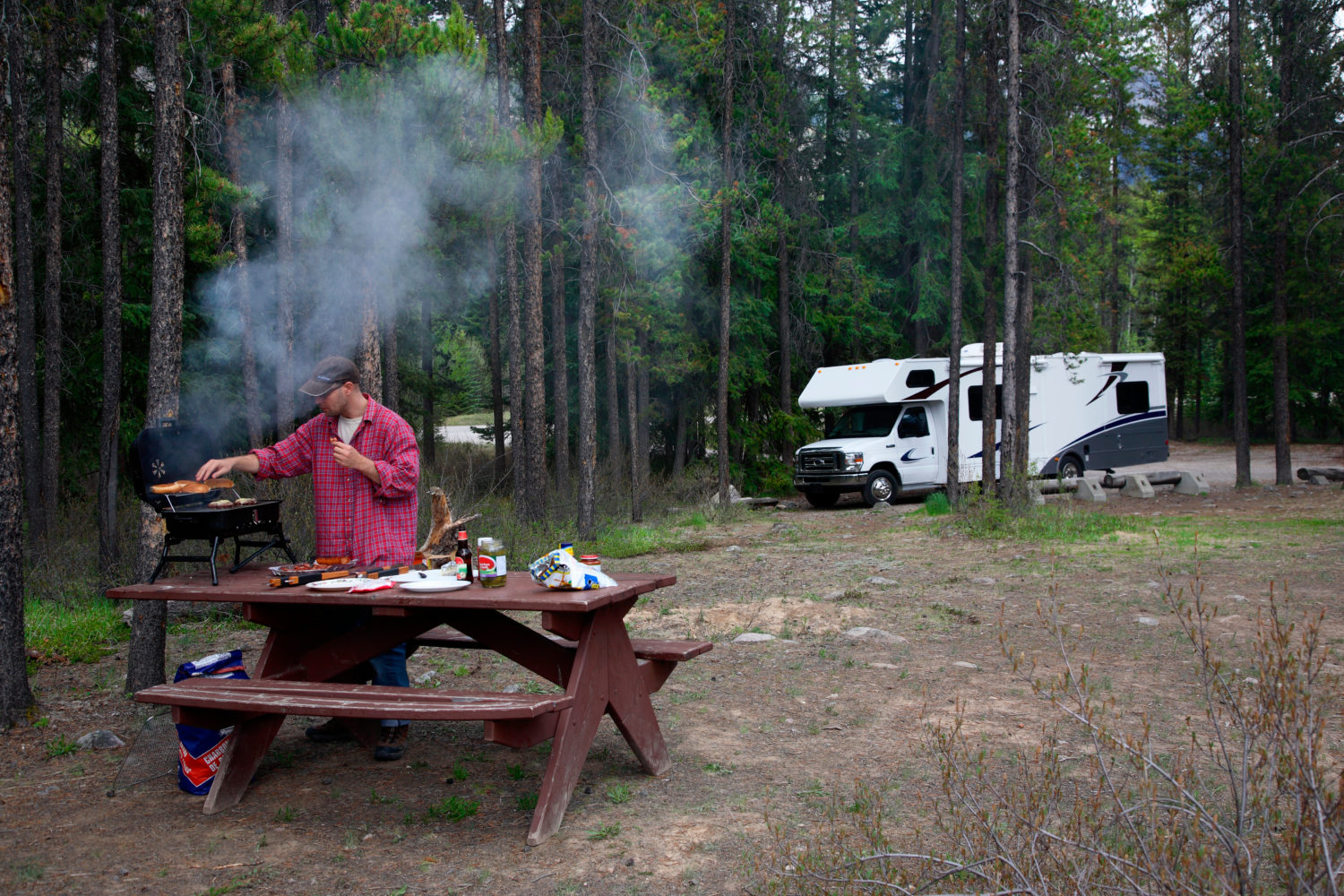
Thankfully, the IRS grants an exception to the taxable barter rule that is advantageous for work-campers and thus brings us back to the concept of “Lodging provided on the business premises.” Even though the IRS defines employer-provided lodging as a taxable fringe benefit, it does allow taxpayers to exclude this benefit from taxable income if all three of the following tests are met. (3)
- Employer-provided lodging must be furnished on the business premises. In other words, for the work-camper, the campsite must be on-site at the RV park or campground where you are providing services.
- Employer-provided lodging must be furnished for the employer’s convenience. The IRS states that there must be “a substantial business reason” why the on-site arrangement is necessary for the employer and “depends on all the facts and circumstances”. A simple written statement that the lodging is furnished for the convenience of the employer is not sufficient, a legitimate business reason must be provided. For example, requiring work-campers to live in the RV park or campground because they must be available at all times of the day or night would satisfy the test. Also, a work-camper is in a better position to serve paying customers because they are “eating their own dog food” so to speak, personally experiencing what it’s like to live on the premises and provide a level of internal quality control.
- The employer-provided lodging must be a required condition of employment. For the RVer, living on-site must be a condition to getting the job and being able to effectively perform the job’s duties.
If any of the above three tests are NOT met, the IRS will consider your “free” campsite to be part of a taxable barter transaction and reportable as income just as if you had received cash.
Note also, if the employer allows work-campers to choose to receive cash compensation instead of the free campsite, then the campsite, if chosen, is NOT excluded from taxable income. If a choice is offered, then by definition the employer-provided lodging is no longer a “required condition”. However, if you receive cash in addition to a free campsite (for example, if you work extra hours) you are still allowed to exclude the value of the free campsite from income as long as all three tests are met.
Workamping and Taxes: Tips and Warnings
TIP: It is very important to get the employer to put these conditions in writing, so you have proper documentation in case of an IRS audit.
FREE TEMPLATE: Email freetemplate@quest-cpa.com and I’ll email you a reply that includes a template (Word doc and PDF versions) of a letter work-campers can use to document the three-pronged test. All you need to do is print and obtain the signature from an authorized representative (manager or owner) of the RV park or campground.
BEWARE: If you receive a W2 or 1099 after providing services for what you thought was a tax-free barter arrangement, the IRS will expect you to claim the W2/1099 income on your tax return. If such a situation occurs, contact the employer to correct or cancel the W2/1099 before filing your return, otherwise you’ll be on the hook to pay income tax on the value of the free campsite.
Good News
Work-campers can rest assured that there is precedent for legitimately excluding from taxable income the value of free campsites that are traded for labor. However, don’t cut corners and skip the important step of obtaining a signed document from your employer showing the three tests are met. Paper trails are your friend!
Footnotes:
- Instructions for Form 1120 (2018), U.S. Corporation Income Tax Return, https://www.irs.gov/instructions/i1120.
- IRS Publication 525 (2018), Taxable and Nontaxable Income, https://www.irs.gov/publications/p525.
- IRS Publication 15-B (2019), Employer’s Tax Guide to Fringe Benefits, https://www.irs.gov/publications/p15b.
DISCLAIMER: The information and materials we share in this article are intended for reference only. As the information is designed solely to provide guidance to the readers, it is not intended to be a substitute for someone seeking personalized professional advice based on specific factual situations. Therefore, we strongly encourage you to seek the advice of a professional to help you with your specific needs.

Author
Tim Ewing – Certified Public Accountant (CPA)
Tim began the full-time RV life in 2014 and works full-time from the road providing profitability and growth advisory services to business owners. Tim is also a CPA who specializes in helping self-employed RVers unload their bookkeeping burdens and avoid IRS headaches. You can reach Tim at timewing@quest-cpa.com or 757-771-2557.
Was this post on Workamping and taxes helpful? Pin it on Pinterest!
